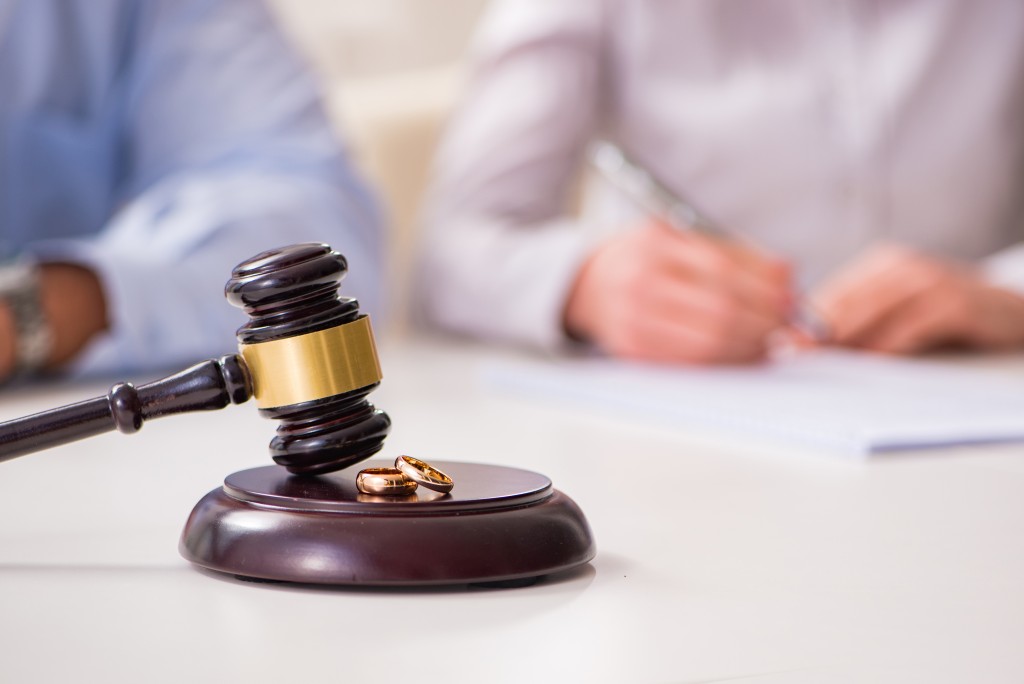Testifying at Your Divorce Trial: 7 Big Don’ts

Just thinking about having to testify at any trial is daunting. Testifying at your divorce trial seems especially taxing because of the emotional complexities the whole process comes with. Although there is no way to make it completely stress-free, there are experienced divorce lawyers in Colorado Springs and other locations who are more than competent to help you throughout the whole ordeal.
Still, you can do some things for yourself that will help you muster the courage and composure that you will need to emerge from this legal process relatively unscathed. Here are the biggest don’ts when it comes to divorce testimonies:
Don’t Be Late
Punctuality will give you time to familiarize yourself with the court surroundings, settle better, and alleviate nervousness. More importantly, being prompt will give off the impression that the trial is a matter of utmost importance to you. Make sure to dress respectably.
Don’t Come Unprepared
Attending other hearings, if possible, and getting a grasp of how things generally fare will help lessen your anxiety especially when you’re not familiar with the proceedings.
Practicing by yourself and with your lawyer beforehand will make a lot of difference: review your documents and other relevant evidence, refresh your memory, run through all possible cross-examination questions with your legal counsel. Have thorough discussions with them about any concerns. Know possible weaknesses in your case, as it’s possible that you may be suddenly faced with them during the trial.
Don’t Memorize
There is a difference between knowing the questions you are going to be potentially asked and memorizing your prepared answers for them word for word. Delivering an obviously rehearsed, memorized speech on the stand will make you seem insincere and will not bode well for you.
Don’t Rush
Listen to the questions carefully, and don’t hesitate to ask something to be repeated or clarified when necessary. Speak loudly, clearly, and with conviction. However, when you know the answer to a question, don’t make unneeded delays, as this might be taken as hesitation on your part, and it may dent the believability of your truths.
Don’t Set Yourself Up For Trouble
Volunteering information – opinions, conclusions, additional statements that are no longer directly relevant to a given question – and using absolutes like ‘always’, ‘never’, or ‘all’ are bound to come back and bite you in the behind. These things can be used by the opposing lawyer against you. Include this in your rehearsals, especially if your normal speech comprises of such expressions.
Don’t Lie
It goes without saying, but it’s a testament to its importance that we reiterate it anyway. Be truthful, no matter how tempting it might be to do otherwise. Don’t embellish truths or even tell blatant lies. The consequences will not be worth it.
Don’t Lose Your Composure
This is very important, as it can affect your testimony in so many ways. Losing your temper and arguing will only do a favor for the opposing counsel, as it will mar your objectivity and make you seem emotionally unstable. Being flustered will also render your rehearsals and preparations pointless because it will give way to misunderstanding questions, answering incorrectly, forgetting information, and considerably damaging your image to the judge.
Trials are never easy and divorce trials pose an extra challenge due to a lot of distinct factors present in such proceedings. But with certain preparatory measures and with the help of a competent lawyer, you will be able to overcome this particular difficulty.





